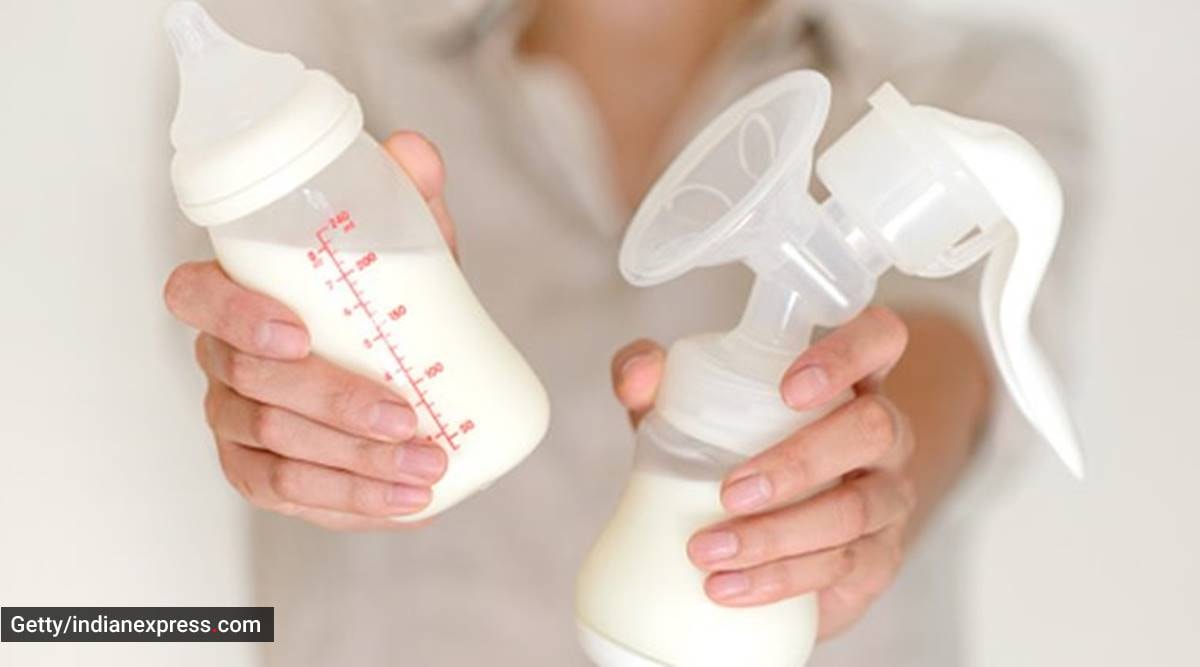Several people exploring the possibility of breast milk donation or use of donor breast milk, have questions in their minds with regards to the process of procurement and subsequent handling

By Dr Vanshika Gupta Adukia
The first breast milk bank of Asia was set up in India (Mumbai) on November 27, 1989. Thirty years from then, the subject of breast milk donation and use of donor’s milk are still deemed as unknown and lesser understood practices. Lack of awareness towards the concept, societal stigma and cultural influences play a big role in this practice still being on the back burner.
Several people exploring the possibility of breast milk donation or use of donor breast milk, have questions in their minds with regards to the process of procurement and subsequent handling. Fears range from storage guidelines methods being lax and ambiguous, to distribution being beyond the milk’s true shelf life. Those donating sometimes wonder about the credibility and use of their donated breast milk while those considering to procure donated breast milk for their child, often find themselves questioning the identity, cultural background and medical history of the breast milk donor.
Conditioned as we are to fear and consider the opinions of people around us in the society breast milk donation and its use remain a lesser discussed practice.
Contrary to myths and fears, breast milk donation is a watertight process that involves stringent medical examinations, blood work analysis and physician approved medical fitness certificates of the milk donor. Additionally, the donated breast milk is also tested and screened for transferable infections and pasteurised as well.
In India, since the demand for donor’s milk supersedes its supply, donated breast milk is only available by prescription of a registered medical practitioner. Preference is given to premature babies and those whose birth weight is below 1500 gm.
For such newborns, donated breast milk proves to be lifesaving and has proven to benefit them even beyond medication.
Who can donate breast milk?
A lactating mother who:
Is voluntarily willing to donate her surplus breast milk, only after she has enough to feed her own baby who is healthy and thriving.
Is healthy and free of any infections (to her knowledge) and is willing to undergo testing and screening as proof for infection control.
Does not consume nicotine, tobacco, illicit drugs or more than two ounces of alcohol or excessive caffeine.
Does not have any breast infection or mammary infection.
Is not on radioactive therapy, strong medications or other drugs that could be passed over in breast milk.
Has not had any blood transfusion or organ replacement/tissue transfusion in the last 12 months.
Having the highest number of low-birth-weight babies in India, feeding these infants with donated breast milk can prove to be lifesaving and reduce the risk of infections in turn reducing the rate of infant mortality.
There is a dire need for more human milk banks and in order to have those milk banks run successfully, mothers need to come forwards and volunteer to donate their surplus breast milk. Breast milk donation is a privilege and a simple act of donation can prove to be beneficial to society as it helps save families and many infant lives.
(The writer is Pregnancy/Childbirth & Lactation Specialist, a Pelvic Floor Physiotherapist and the Founder of Therhappy. She’s on Instagram at therhappy_in)
Source: Read Full Article






